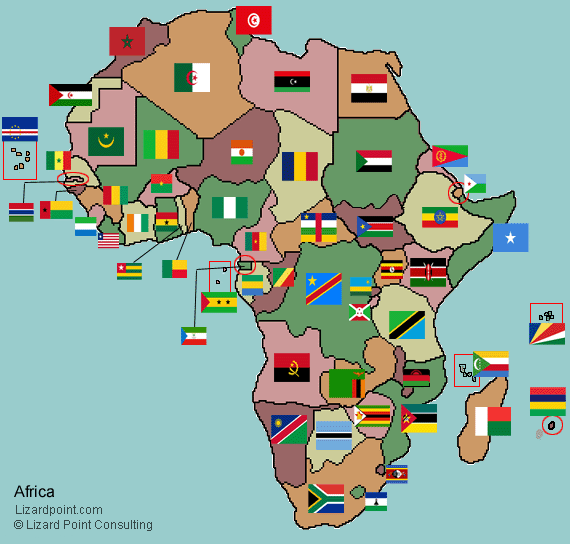JOHANNESBURG—“This is what I have dreamed of for a long time,” said TJ Ngongoma of Abahlali baseMjondolo. TJ was referring to a pan-African people’s movement of struggling inhabitants and activists on the continent to transform local politics as we know it. That movement advanced last Saturday with regional meeting on the Right to the City.
GPR2C (The Global Platform for the Right to the City) is promoting debate about the concept and implementation of the Right to the City from the perspective of every region. In Johannesburg, South Africa, on 28 November 2015, GPR2C organized a Regional Meeting in Africa at University of the Witwatersrand (WITS), at the Dorothy Suskind Auditorium. The meeting was hosted by Wits University’s Centre for Urbanism and Built Environment Studies (CUBES).
Around 60 participants joined the GPR2C event, representing Angola, Benin, Botswana, Egypt, Ethiopia, Ivory Coast, Kenya, Malawi, Namibia, Nigeria, Senegal, South Africa, Swaziland, Tanzania, Tunisia, Zambia, Zimbabwe, as well as Brazil, Italy France and England. They came from different fields of work—social movement representatives, academics, human rights defenders, public authorities, NGOs and others.
Following an introduction by GPR2C Coordinator Nelson Saule Junior PÓLIS Institute (Brazil), South Africa Deputy Minister of Human Settlements Mme. Zou Kota-Fredericks addressed the conference, delivering a message of solidarity and conveying the 8-point vision of African states toward Habitat III.
Habitat III formed a key organizing opportunity at the Africa Regional Meeting, with HIC-HLRN’s Joseph Schechla presenting a GPR2C vision for Habitat III. Barbara Lipietz of University College London’s Development Planning Unit (DPU) shared the outcome of research on the Habitat III national reporting process, which revealed consistent gaps in the intended participatory process and the evaluative content of national reporting on Habitat II implementation. The DPU’s study also reviewed the national reports for content to support the Right to the City.
As Schechla explained, “Habitat III poses an important global organizing and advocacy opportunity for operationalizing human rights in the urban context; however, the Global Platform’s goals are to build the movement, generate and exchange knowledge, and to achieve local transformation.”
Part of that knowledge creation was the purpose of research carried out by GPR2C constituents in an earlier phase through case studies from Latin America, Europe, Africa and the Middle East (full textavailable here).
Lessons learned from the day’s plenary and break-out group discussion included two consistent messages: (1) the apparent territorial scope of the Right to the City needs to be more inclusive to be relevant to Africa and (2) African social movements and their supporters have well-developed concepts of the Right to the City based on local experience.
The GPR2C event came at a strategic moment, when local governments and local authorities convened at Johannesburg for the 7th AfriCities Summit 2015, giving participants a chance also to bring their message into the broader discussions under the theme: “Shaping the Future of Africa with the People.”
Pat Horn, coordinator of Streetnet International, a Johannesburg-based entity advocating the rights of workers in the informal economy, emphasizes the importance of enforcing the Right to the City in Africa. “We are not yet seeing the practical application of the inclusive urban policies and participatory processes that African mayors spoke about at the UCLG Congress at Rabat [Morocco] in October 2013,” she recalled.
Much strategic discussion took place in practical working sessions that contributed to the plans and outputs of the GPR2C, research, training/learning communication and advocacy working groups. With the coordination of PÓLIS Institute and Habitat International Coalition, the GPR2C Africa region’s participants will form a follow-up committee to finalize the report of the meeting and begin work on a Africa-wide declaration on the Right to the City.
Download the program.
For further information, contact:
Global Platform for the Right to The City
Email: contact@right2city.org
Web: www.right2city.org














